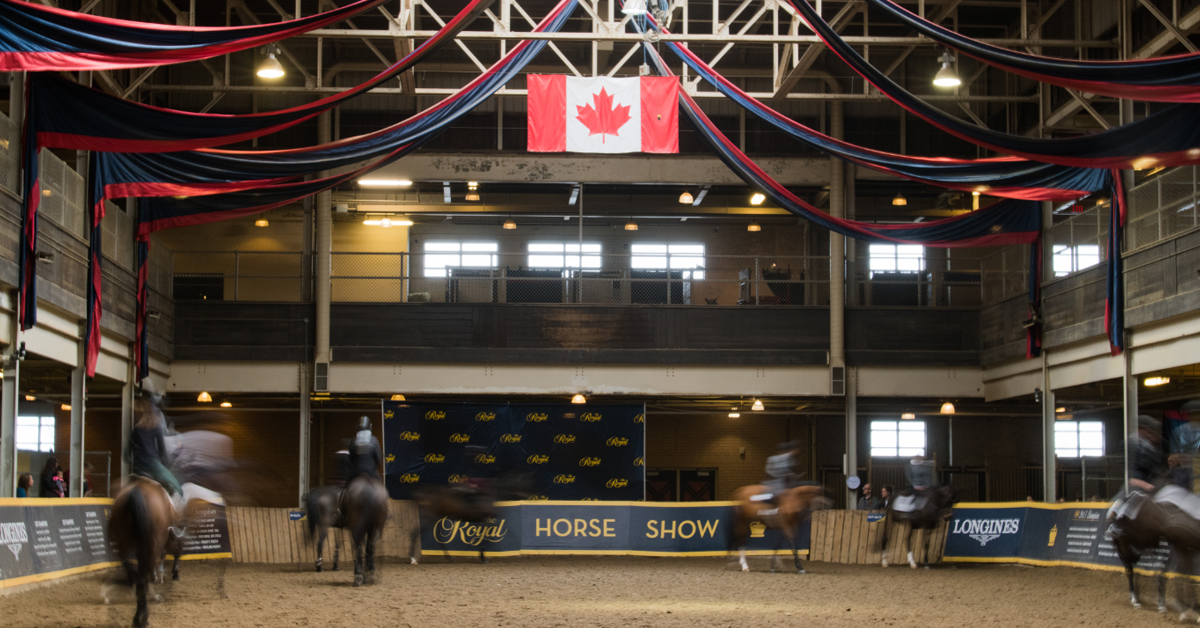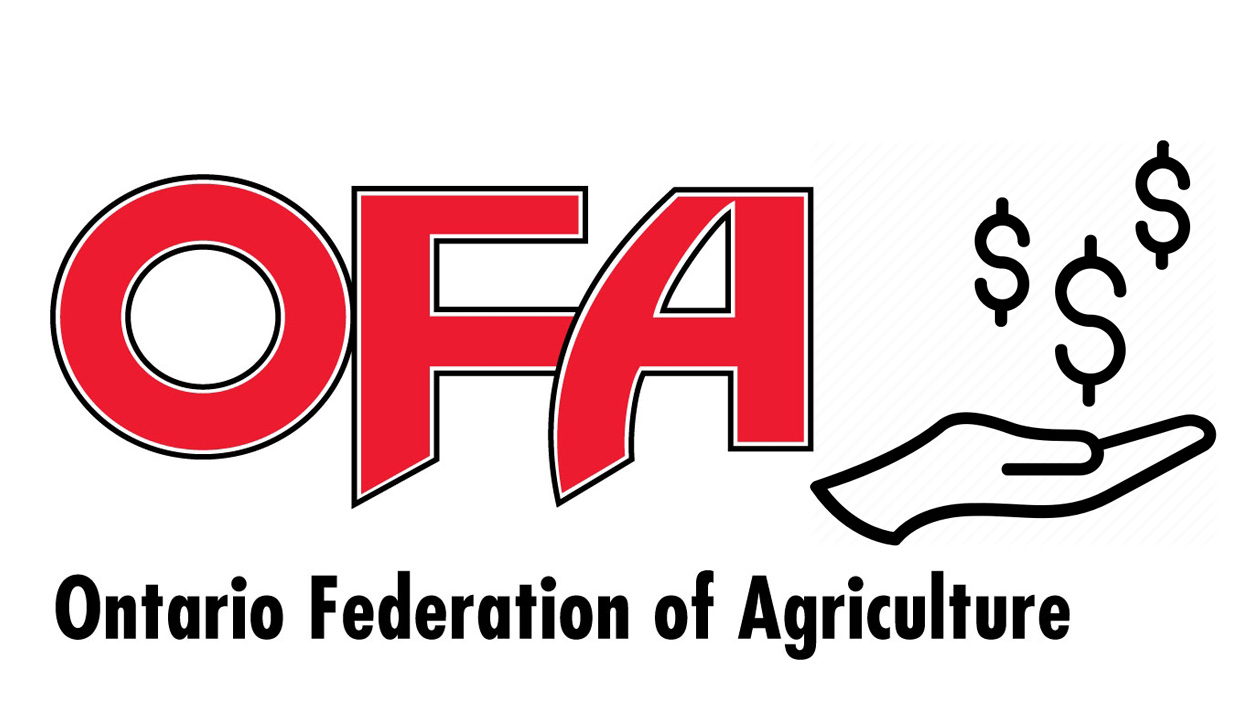The panel of the FEI Tribunal has rendered its final decision in the prohibited substance case involving the horse Chupa Chup ridden by Bernardo Alves (BRA) at the 2008 Olympic Games.
The Person Responsible (the rider) is suspended for a period of three and a half months (105 days), which period began on the date of the application of the provisional suspension, 21 August 2008, and shall run up to 3 December 2008. The Person Responsible (PR) is fined CHF 1,750. The horse and the rider are disqualified from the entire Olympic Games.
The justifications for the sanctions are the principles which are at the core of the FEI Equine Anti-Doping and Medication Control Rules, according to which “It is each Person Responsible’s personal duty to ensure that no Prohibited Substance is present in his or her Horse’s body during an Event. Persons Responsible are responsible for any Prohibited Substance found to be present in their Horse’s bodily Samples. Accordingly, it is not necessary that intent, fault, negligence or knowing Use on the Person Responsible’s part be demonstrated in order to establish an anti-doping rule or medication control violation.â€
In reaching its conclusion the Tribunal concluded the substance at issue – Capsaicin – was a “Medication Class A†rather than a “Doping†substance based on its interpretation of the list of prohibited substances.
In considering the sanctions to be given to the PR in this case, the Tribunal took into account:
– the fact that the PR is an experienced sportsman and that the behavior of anyone at the top of the sport and particularly at the Olympic Games must be faultless since the eyes of the world focus on performances at such events;
– the nature of the substance involved – Capsaicin – which is not only a pain relieving substance, but also an agent that can be used for hypersensitisation purposes;
– and the fact that the sources of the presence of the substance argued by the PR indicate severe negligence of the PR by using a “pain relieving” substance, including at the Event, on the fetlocks of the horse’s forelegs, without checking whether it contains any prohibited substances.
On the other hand, and in mitigation, the Tribunal also considered:
– the fact that there have been no “maintained” cases by the FEI against the PR, prior to the present case;
– the identification and evidence produced by the PR, as early as during the preliminary hearing, regarding the sources of the presence of the substance;
– and the substance is a newly detectable substance which is often used by riders also for legitimate therapeutic reasons.
Bernardo Alves has 30 days to appeal this decision to the Court of Arbitration for Sport (CAS).
More from Horse Sport:




